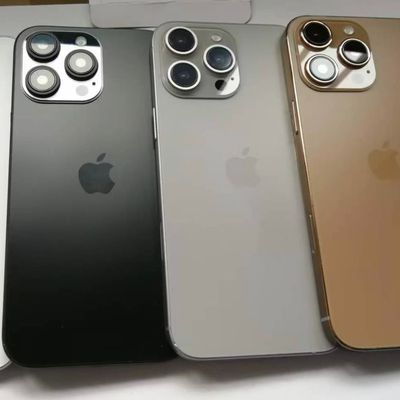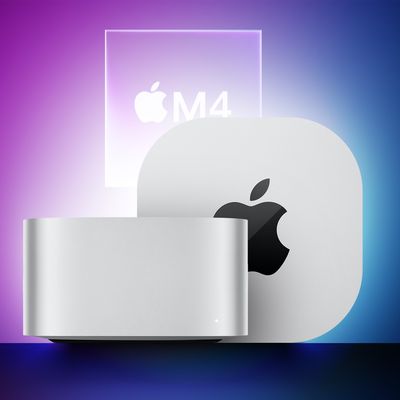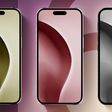$3 App Shoots Better Quality Spatial Video Than iPhone's Camera App
A $3 third-party app can now record spatial video on iPhone 15 Pro models in a higher resolution than Apple's very own Camera app.

Thanks to an update first spotted by UploadVR, Spatialify can now record spatial videos with HDR in 1080p at 60fps or in 4K at 30fps. In comparison, Apple's native Camera app is limited to recording spatial video in 1080p at 30fps.
Shortly after Apple's Vision Pro headset launched in February in the United States, Apple released iOS 17.2, which brought the new spatial video recording format to iPhone 15 Pro models.
When viewed on iPhone, spatial videos appear as normal videos, but viewed on Vision Pro they provide an immersive viewing experience on Vision Pro that is almost three-dimensional.
Combined with advanced computational videography techniques and HEVC compression, spatial videos filmed at 30fps in 1080p take up around 130MB of storage space for one minute of video, so bear that in mind when shooting using Spatialify's higher resolution options, which will take up substantially more storage.
Spatialify first made headlines back in November, before Apple Vision Pro had been launched, when a TestFlight version of the app became available. This allowed iPhone 15 Pro users running the iOS 17.2 beta to record spatial video in a format that could be played back on Meta Quest 3 and other 3D headsets and TVs.
Spatialify is available to download on the App Store. The app costs $3 and requires an iPhone 15 Pro or iPhone 15 Pro Max to shoot spatial video.
Popular Stories
Leaker Sonny Dickson is back today with a new dummy unit image showing all four iPhone 16 Pro color variants, including the rose gold or "bronze" unit that replaces Blue Titanium in the existing iPhone 15 Pro models. The iPhone 16 Pro models are expected to come in black, white or silver, gray or "Natural Titanium," and a rose or rose gold color replacing Blue Titanium, according to Apple...
Multiple rumors have suggested that the iPhone 16 models are going to have an all-new button that's designed to make it easier to capture photos when the devices are held in landscape mode. Apple calls the button the Capture Button internally, and it is going to be one of the most advanced buttons that's been introduced to date with support for multiple gestures and the ability to respond to ...
Apple typically releases its new iPhone series in the fall, and a possible September 10 announcement date has been floated this year, which means we are just one month away from the launch of the iPhone 16. Like the iPhone 15 series, this year's lineup is expected to stick with four models – iPhone 16, iPhone 16 Plus, iPhone 16 Pro, and iPhone 16 Pro Max – although there are plenty of design...
Apple's iPhone 16 series is expected to debut in September 2024. This release follows Apple's trend of introducing new iPhone models annually in the fall. While the exact date has yet to be officially confirmed, the day of Tuesday, September 10 has been rumored as a possible announcement date, and September has traditionally been the month when Apple unveils its latest smartphone innovations. ...
Apple is moving forward with its project to develop a tabletop robotic device, according to Bloomberg's Mark Gurman. Subscribe to the MacRumors YouTube channel for more videos. The device would feature a large iPad-like display mounted on a "thin robotic arm" that would allow the display to tilt and up and down and rotate a full 360º, and it would serve as a "smart home command center," a...
It's almost September, but Apple still has multiple new product launches planned for 2024. New iPhone 16 models and Apple Watches are coming in September, and we're also going to get at least three Mac updates with M4 chips this year, according to rumors. Here's what's on the horizon. MacBook Pro Apple plans to refresh both the 14-inch and 16-inch MacBook Pro models, adding M4 chips. The ...
T-Mobile was fined $60 million by the Committee on Foreign Investment in the US (CFIUS) for negligence surrounding data breaches, reports Reuters. CFIUS penalized T-Mobile for failing to prevent or disclose unauthorized access to sensitive customer data. When T-Mobile merged with Sprint, it signed a national security agreement with CFIUS, which is what led to the fine earlier this year....





















